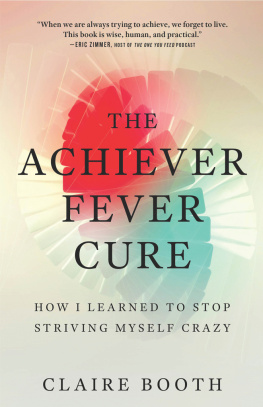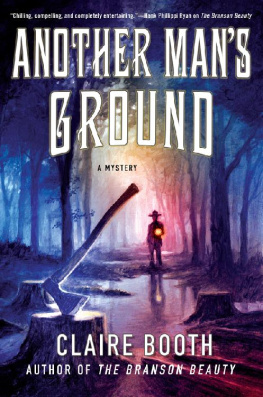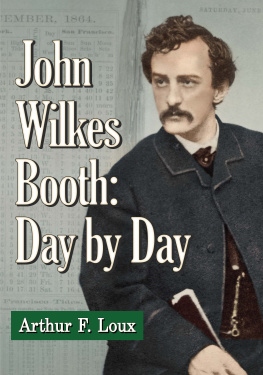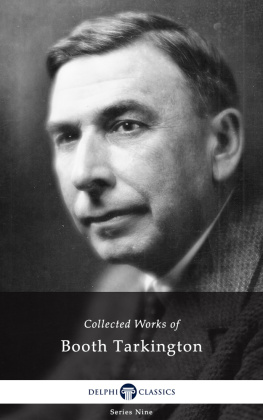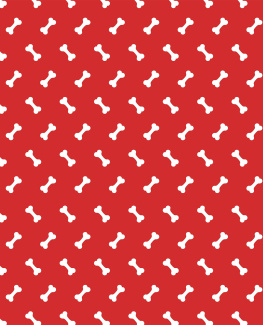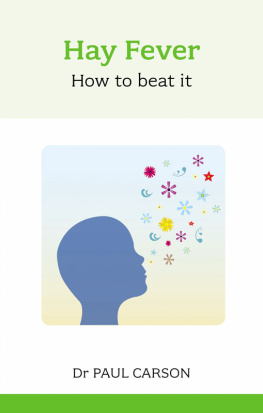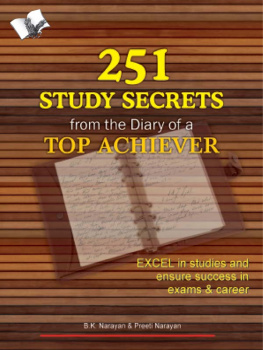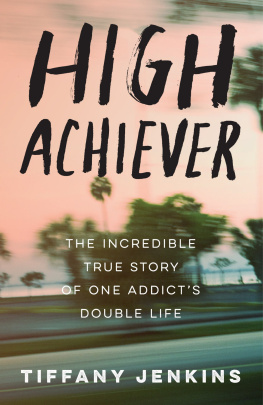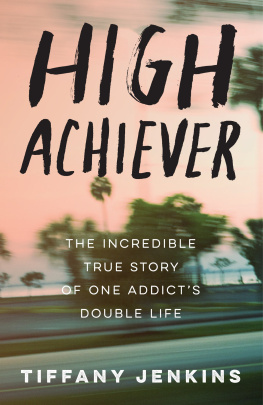Praise for THE ACHIEVER FEVER CURE
Im so glad I read The Achiever Fever Cure. Aside from being hilarious and entertaining, it has helped me better understand what really drives me and I have become much more aware of the stories I tell myself. Thank you, Claire, for being so honest and open, and for sharing your enlightening journey with us!
CHARLES CHANG, founder of plant-protein brand Vega; founder and President, Lyra Growth Partners
Booths raw journey spoke to me in an approachable way. She shares the tools and systems she discovered to ease the intensity of achiever fever and manages to do it while building and growing her business with soulful intention.
JODY SHAKESPEARE, BJL Coaching and Consulting
The Achiever Fever Cure provides a hands-on framework for those of us who want to strive less and thrive more.
LISA MARTIN, founder of FLOURISH for Female Leaders and author of Briefcase Moms
It didnt take me too many pages to realize that I was no longer reading about Claire Booths struggle but about myself. This is a courageous book, born of sincerity and caring. It is a cathartic read I realize now that I am not alone.
TERENCE WALLIS, author of Indelible Adventures
We follow Booth through a life journey that is all too commona journey of striving, struggle, and burnout. We laugh and cry with her as she tells her story with warmth and determination. A truly wonderful and insightful book.
YURI FULMER, Chairman, Fulmer Capital Partners

Copyright 2019 by Claire Booth
19 20 21 22 23 5 4 3 2 1
All rights reserved. No part of this book may be reproduced, stored in a retrieval system or transmitted, in any form or by any means, without the prior written consent of the publisher or a license from The Canadian Copyright Licensing Agency (Access Copyright). For a copyright license, visit www.accesscopyright.ca or call toll free to 1-800-893-5777.
Published by LifeTree Media Ltd.
lifetreemedia.com
Distributed by Greystone Books Ltd.
greystonebooks.com
Cataloguing data available from Library and Archives Canada.
ISBN: 978-1-928055-35-8 (paperback)
ISBN: 978-1-928055-36-5 (EPUB)
ISBN: 978-1-928055-37-2 (PDF)
Grateful acknowledgement is made to the following sources. In the event of an inadvertent omission or error, please notify the publisher.
Permission to reprint material from www.thework.com graciously provided by Byron Katie and Stephen Mitchell. Readers are invited to visit the website for more information about The Work.
Permission to reprint material from The One You Feed podcast graciously provided by Eric Zimmer, theoneyoufeed.net.
Cover and interior design by Greg Tabor
Cover illustration Aeriform
To Kate and Esther
TABLE OF CONTENTS
INTRODUCTION
THE NIGHTS ARE the worst.
As I set my alarm, I do the math on how many hours of sleep I can get: ten oclock now, asleep by ten thirty, up at 5:30 am, thats seven hours, plenty of time. I check my email one last time, turn the light off, and remind myself that tonight does not have to go like last night, or the night before that. Given how sleep-deprived I am, I feel like Im ahead of the gameIm bound to sleep well. Ive got this, I tell myself.
As I settle down under the covers, I think back through the day, checking that everything got done: Did that... yep... got that. Missed that thing... gotta get that on the agenda for tomorrow... oh but I have that other thing... and what about.... And then I catch myself. Enough! Stop! Go to sleep!
I roll over and try to think about nothing but soon thoughts are rolling in like a thick fogthoughts about hiring, closing sales, and reaching quarterly revenue targets. My thoughts blend together in a soupy worry that I slosh around in for an hour or so until the big gun thoughts rise from the depths: Whats wrong with you? You need to try harder. You need to be better. Theyre going to think you dont know what youre doing.
Its midnight now and my breathing is shallow, my chest feels hollow, and my stomach has clenched up. I command myself to stop the thinking, stop the worrying, but Im under a spell. I have no ability to break through this incessant thought stream that will keep me up tonight, just like it did the previous night. I spend the next few hours tossing and turning until Im an angry, despairing, sweaty, feverish mess. Then I throw other concerns into the potthe crappy workout Im going to have the next morning, the idea that my financial advisor might be ripping me off, the fact that I havent called my parents in three weeks. Eventually, Ill fall asleep and have the dream where Im in high school and realize the night before the exam that I forgot to attend science that semester.
This doesnt happen every night, but I used to go through waves of nights like this several times a year and they tended to happen whenever business was down. I own a market research agency and our revenues are dependent on client work. We need to delight our current clients so they keep coming back, as well as ensure the pipeline of potential business stays full. Every so often, like in any small business, the emails slow to a dribble and the phone goes quiet. After almost twenty years of experience in my industry, I understand intellectually and rationally that there are ebbs and flows and that the work will eventually pick up. But my reaction was always the same: I cast myself as the villain responsible for the slowdown. I would remind my team that this was a short-term lull and to take advantage of the downtime, but instead of taking my own advice, all I heard in my head was: You are failing! You dont know what youre doing! Youve got to try harder! I imagined letting all my employees go, filing for bankruptcy, and ending up a haggard old woman sleeping under a bridge.
Nothing in my life explained my extreme reactions. I wasnt ill or had committed any crimes. The business I had started five years previously was flourishing and growing at an average of twenty-five percent each year. At work, I was surrounded by a team of bright, caring co-workers who treated each other like family. At home, I lived with my partner of fifteen years, Chris, an executive at a technology firm who loved nothing more than to be outside fly fishing and skiing. I was close to my parents and my two younger sisters were my best friends. I had three hilarious nephews and was a Big Sister to a smart, fun-loving teenage girl. Physically, I was in good health and took my fitness seriously. Most mornings before work, Id either be in the pool with my Masters swim team or climbing at the local climbing gym. Since I had no kids, I had plenty of downtime to read, travel, hang out with girlfriends, and binge watch the occasional TV show.
But I lived in a state of urgency, trying to constantly improve. Im an achiever and have been an achiever all my life. Im driven, ambitious, competitive, and I like to lead. I have very high expectations of myself and am proud of my achievements: my education, my career, the company Ive built. Being an achiever has given me some very useful character traits like discipline, a desire to excel, a strong work ethic, and persistence, but it has also infected me with an unrelenting need to strive, improve, and grow.
Achievers are happiest when they are achieving. This phenomenon bore out when I surveyed two hundred self-identified achievers during the writing of this book, and ninety percent of them agreed that achieving their goals is what makes them happiest. When I turned forty, I should have been happy given that I had achieved most of the goals I had set for myself, but instead, misery was a frequent companion. Once I achieved a goal, I created another. A friend of mine describes this constant goal-seeking as a treadmill that achievers are forever trying to outrun. As we succeed, the incline increases, the speed gets faster, and we either keep running or fall off.

